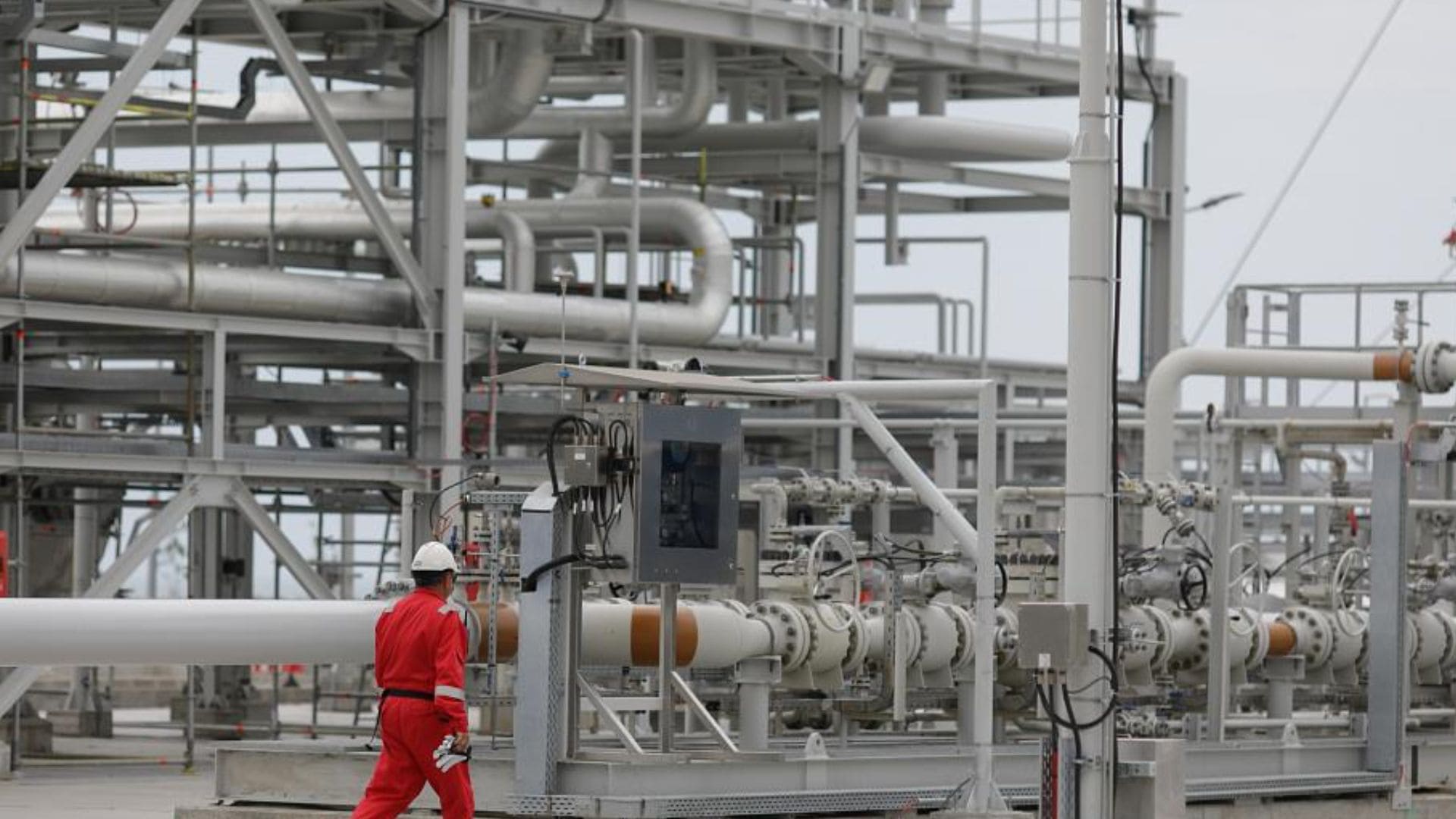Overcoming Hurdles in Romania's Oil and Gas Industry
- Romania | 18 July 2022

Romania’s oil and gas industry has long been a significant contributor to the nation’s economy and energy security. However, like any industry, it faces its fair share of challenges. In this article, we explore the hurdles that the Romanian oil and gas sector must overcome to maximize its potential and navigate a path towards sustainable growth. From regulatory complexities to environmental concerns, we delve into the challenges that require attention and strategic solutions.
One of the primary challenges facing the oil and gas industry in Romania is the complex regulatory framework. Navigating a web of permits, licenses, and compliance requirements can be time-consuming and costly for companies operating in the sector. Streamlining and harmonizing regulations, reducing bureaucratic hurdles, and ensuring transparency are essential steps towards creating a favorable business environment that encourages investment and facilitates growth.
The development of the oil and gas industry relies heavily on substantial investments in exploration, production, and infrastructure. Mobilizing the necessary capital and attracting domestic and foreign investors is a crucial challenge. It requires providing a stable and predictable investment climate, offering attractive fiscal incentives, and creating supportive policies that encourage long-term commitment and collaboration. Additionally, developing the necessary infrastructure, such as pipelines, storage facilities, and transportation networks, is essential to unlock the industry’s full potential.
The oil and gas industry faces increasing scrutiny regarding its environmental impact. Concerns about carbon emissions, pollution, and the conservation of natural resources require the industry to adopt sustainable practices and technologies. Romania must strike a balance between utilizing its energy resources and safeguarding the environment. Encouraging the adoption of cleaner technologies, promoting research and development in renewable energy, and implementing robust environmental regulations are vital for addressing these challenges.
The oil and gas industry is evolving rapidly, with advancements in technology driving operational efficiency and cost-effectiveness. Embracing innovation and implementing cutting-edge technologies are crucial for the industry’s competitiveness. However, keeping up with the latest technological developments can be a challenge, particularly for smaller companies with limited resources. Encouraging collaboration between industry players, research institutions, and technology providers can help overcome these hurdles and promote knowledge transfer.
The geopolitical landscape can significantly impact the oil and gas industry. Romania’s energy security is closely tied to its regional relationships, infrastructure interconnections, and energy market dynamics. Geopolitical factors such as changing regulations, geopolitical tensions, and market fluctuations can create uncertainty and affect investment decisions. Developing strategic partnerships, diversifying export routes, and actively participating in regional energy cooperation can help mitigate these challenges and ensure a stable energy landscape.
Building a skilled and competent workforce is vital for the success of the oil and gas industry. However, attracting and retaining talent, particularly in technical and specialized roles, can be a challenge. Investing in vocational training programs, collaborating with educational institutions, and promoting career development opportunities can help address the industry’s human capital needs and ensure a qualified workforce capable of meeting future challenges.
The oil and gas industry is susceptible to global market volatility and price fluctuations. Fluctuating oil and gas prices can impact the profitability of operations, investment decisions, and the overall viability of projects. Developing strategies to manage price risk, diversifying the energy mix, and exploring value-added opportunities, such as downstream activities and petrochemical production, can help mitigate the impact of market volatility.
The challenges faced by Romania’s oil and gas industry are multifaceted, ranging from regulatory complexities to environmental concerns and geopolitical factors. However, by addressing these challenges head-on, Romania can unlock the true potential of its oil and gas resources. A collaborative approach between industry stakeholders, government entities, and civil society is crucial to creating a favorable business environment, adopting sustainable practices, and promoting technological innovation. With strategic solutions and a forward-thinking mindset, Romania can position itself as a responsible and competitive player in the global oil and gas market.








